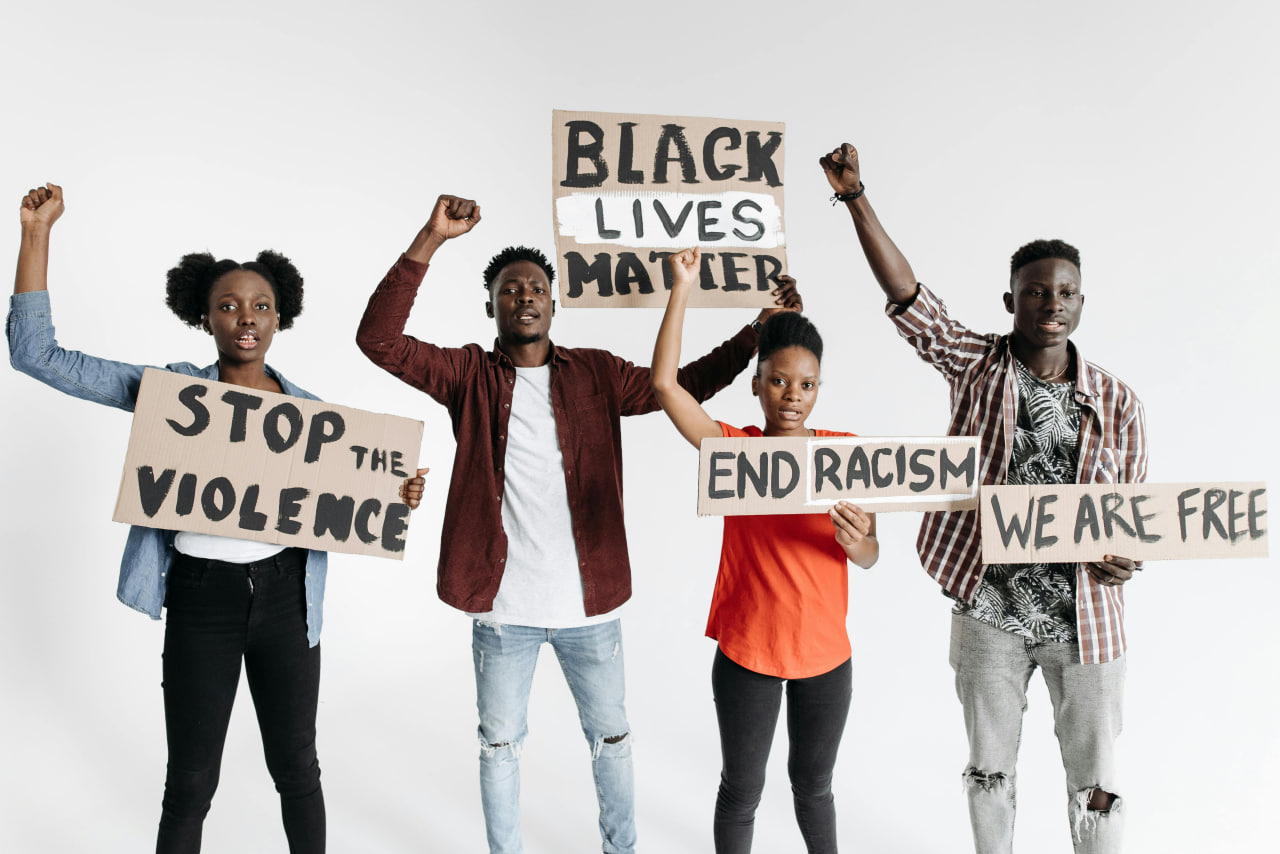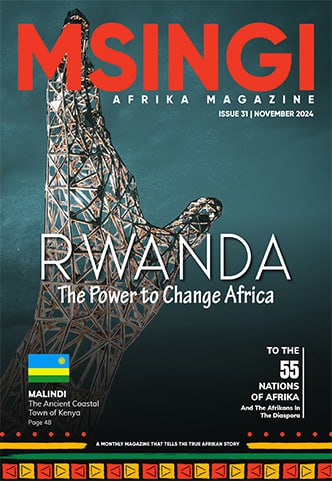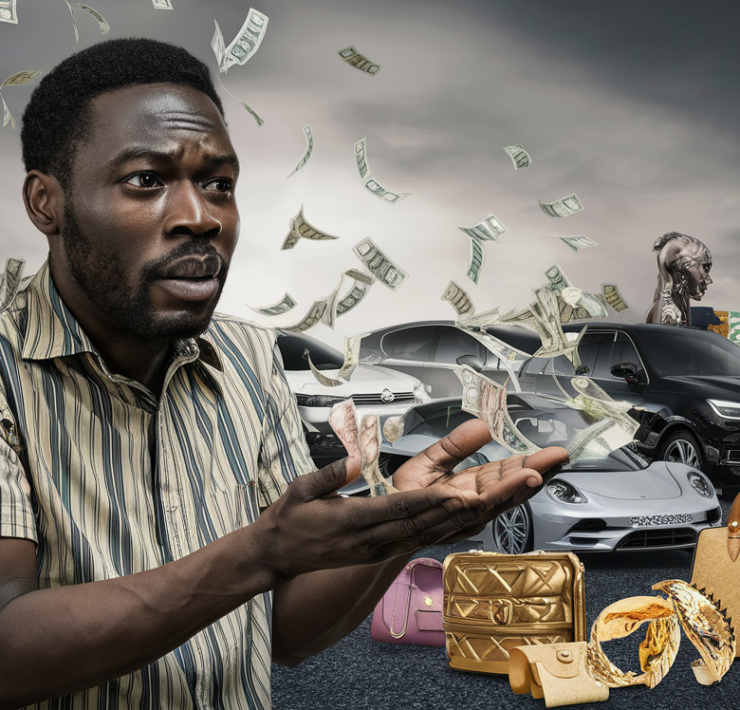Forms of Human Violence (Pt2)

Abel Merawi is from Addis Ababa. He is an English…
In an attempt to understand our mental representation of justice and fairness, psychologists have come up with an interesting experiment. There are many variations of the experiments, but I included the one pertaining to our topic.
Scenario: Imagine someone promised to give you 10,000 birr without asking any service in return. Then told you: “There is someone in the other room with whom you can choose to share the money. You are free to give this stranger nothing, all of it or anything in between.” You accept this term and were just about to leave, when this person gave you the final warning: “I have told this person that I gave you will 10,000 birr. Remember, you can offer to give any amount of the money. But if this person rejects your offer, both of you will get nothing.”
How much of the 10,000 birr will you give this stranger? As you respond, make sure the response from the stranger is affirmative or else you both end up with nothing. Now, let us turn the table and assume you are the stranger in the other room to whom the offer is made. How much will you accept as fair? In your response remember that rejecting the offer means no one will get the money. Try to provide an honest answer to yourself, before you proceed.
This experiment has been conducted in various countries under various context, and a relatively similar response has been attained. When you are the one who offers the bargain, most people feared the consequence and proposed to given 30-50% of the money. But when the stranger is powerless and when there is no consequence most offered less. On the other hands, those in the receiving end of the bargain agreed to a relatively equal share but mostly rejected the offer when given less than 30% of the money. My focus is on the stranger who can reject or accept and ask: Isn’t 2,000 birr better than nothing even if the other person gets 8,000 birr? Even when we are dealing with free money, we prefer mutual loss rather than unequal or unfair share. In other words, we prefer to see the loss of the other person than have a relatively small benefit from the money. With this in mind, I proceed to one form of violence, which Erich Froom labels as ‘vengeful violence’.
Vengeful Violence: This is also called revengeful violence and refers to an action taken to inflict a similar or greater pain on a person who wronged us. Our aim is not restoring loss, but balancing loss by making the other suffer. Erich Fromm explains, “It has the irrational function of undoing magically what has been done realistically.” This reminds us of Shakespeare’s ‘The Merchant of Venice’. In this play, Shylock demands to take the flesh of his debtor because the debt was not paid on time. The desire is to derive pleasure from the pain of others while being fully aware that the ‘debt’ will not be paid.
Vengeful violence is not reflected only in personal vengeance but in laws that seek vengeance. A typical example of vengeful violence is found in the Law of Hammurabi (Babylonian king who codified the laws of Sumer and Mesopotamia). This law is famously known as ‘an eye for an eye. Nietzsche in ‘On the Genealogy of Morals’ explains how even some religious leaders as Thomas Aquinas who preached vengefulness in the following manner: “The blessed in the kingdom of heaven will see the punishments of the damned, in order that their bliss be more delightful for them.” So while Jesus personified forgiveness through numerous allegories, the church authorities have vengefulness in mind.
A good example of vengeful violence is starkly displayed in groundless riots that passionately destroy. Our country supplies abundant examples of such acts as mobs destroy precious human lives. It is also seen in the destruction of property by vengeful mobs who find pleasure in death and destruction. They do not wish to possess but to destroy others possession including life. This is what Nietzsche labels ‘slave morality’ and as Fromm expounds, “The impotent and the cripple have only one recourse to restore their self-esteem if it has been shattered by having been injured: to take revenge. With this in mind, we proceed to another closely related form of violence.
Compensatory Violence: This form of violence is found in the unproductive and powerless who compensates this lack by avenging life through death. Fromm explains, “By compensatory violence I understand violence as a substitute for productive activity occurring in an impotent person.” Often times, psychopaths and sociopaths who become cold killers have painful childhood memories that made them feel powerless. Growing up, they conclude that their self-esteem can be restored through their ability to destroy. They seek vengeance from a faceless enemy and they lash out of the world. This is also the case with groups that feel powerless and who finally seek to destroy other groups to reaffirm their power.
Compensatory violence takes various forms and one is identification with a powerful group. For instance, most evidence suggests that the Germans who identified and submitted to Nazi were the poor and powerless working class. They derived power from the symbol of the narcissistically powerful leader without benefiting realistically from the group. This ‘symbolic participation’ is evident in those Ethiopians with ethnic proclivities. They blindly cling on to their group identity and even defend crimes, while personally being powerless.
Another form power through destruction. As Erich Fromm vividly explains, “Compensatory violence is precisely that violence which has its roots in and which compensates for impotence. The impotent man can transcend life by destroying it in others or in himself.” This powerful statement speaks to both the powerful and the powerless. Sometimes, compensatory violence appears to be the only option for the oppressed. During slavery and now with police brutality, we find the movements of African Americans as expressions of such violence. So it carries a most important lesson to the powerful.
Often times both vengeful and compensatory violence can be corrected by the fair and just conduct of the powerful. When group or individuals unjustly treat the powerless, rebellion is justified. As we see in the experiment at the beginning, there would not be vengeance if the distribution was just and fair. I believe, every nation ought to be judged by how it treats its weak and vulnerable citizens. If the fear of losing political power allies with the powerful capitalists or ethnic groups, the cry for justice in the powerless solidifies and finally explodes in vengeance. However, this by no means justifies irrationalities and personal impotence. To hate and destroy life just because we as a group or as an individual are unproductive and weak is no justification.
What's Your Reaction?
Abel Merawi is from Addis Ababa. He is an English literature teacher, freelance writer/reporter for Ezega.com and an Amharic-English translator and editor. He also writes for www.msingiafrikamagazine.com. You can reach him via: abelmerawi4@gmail.com
















